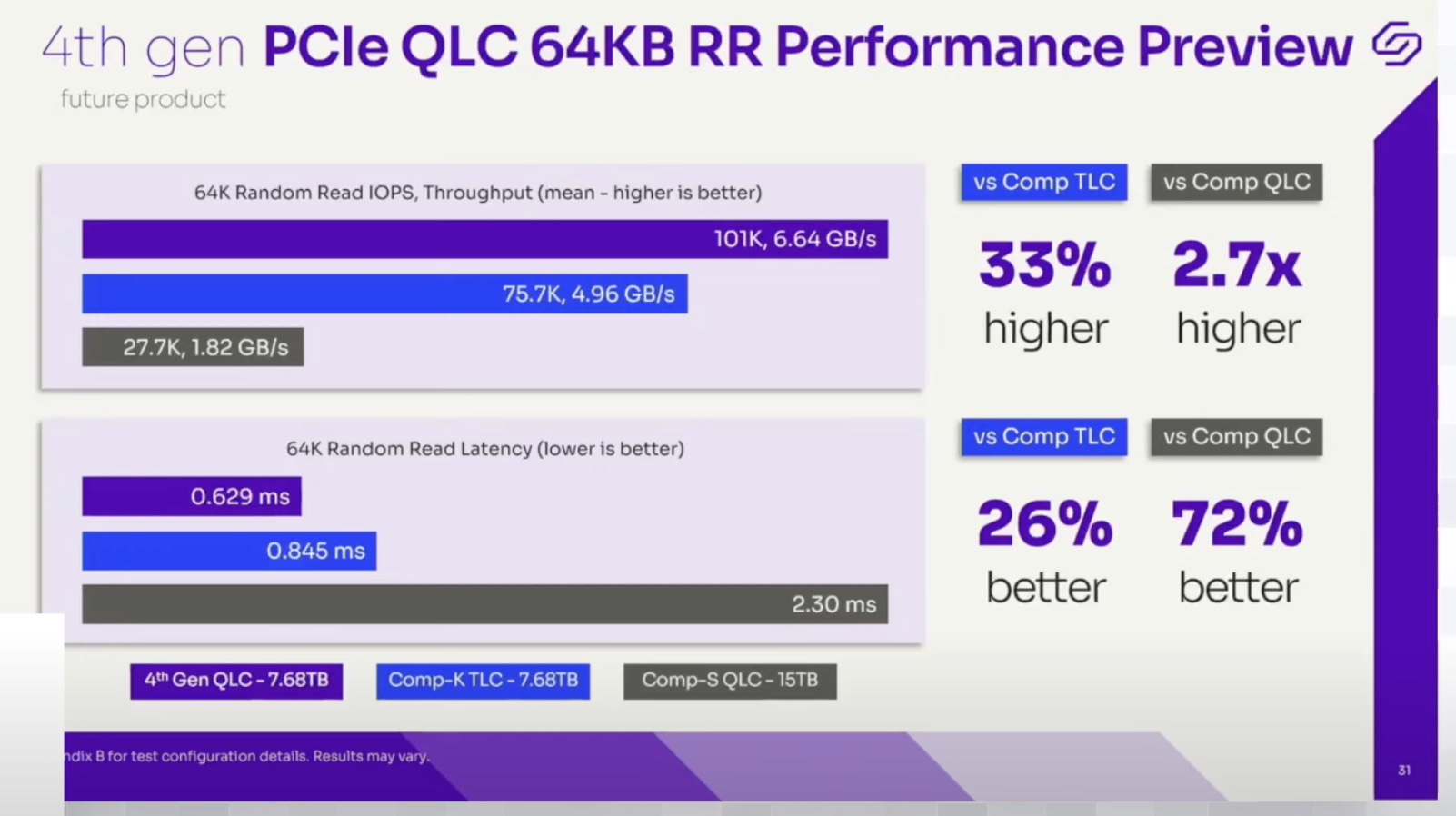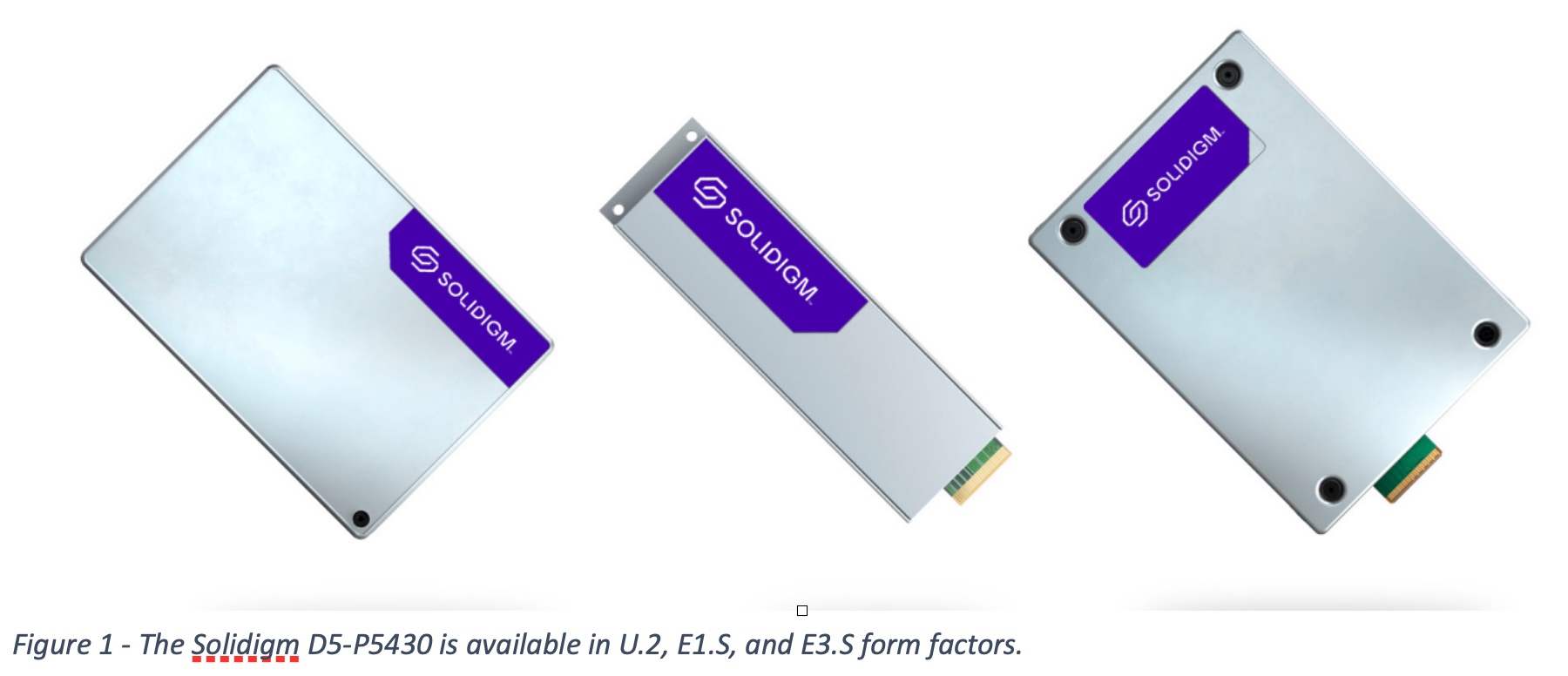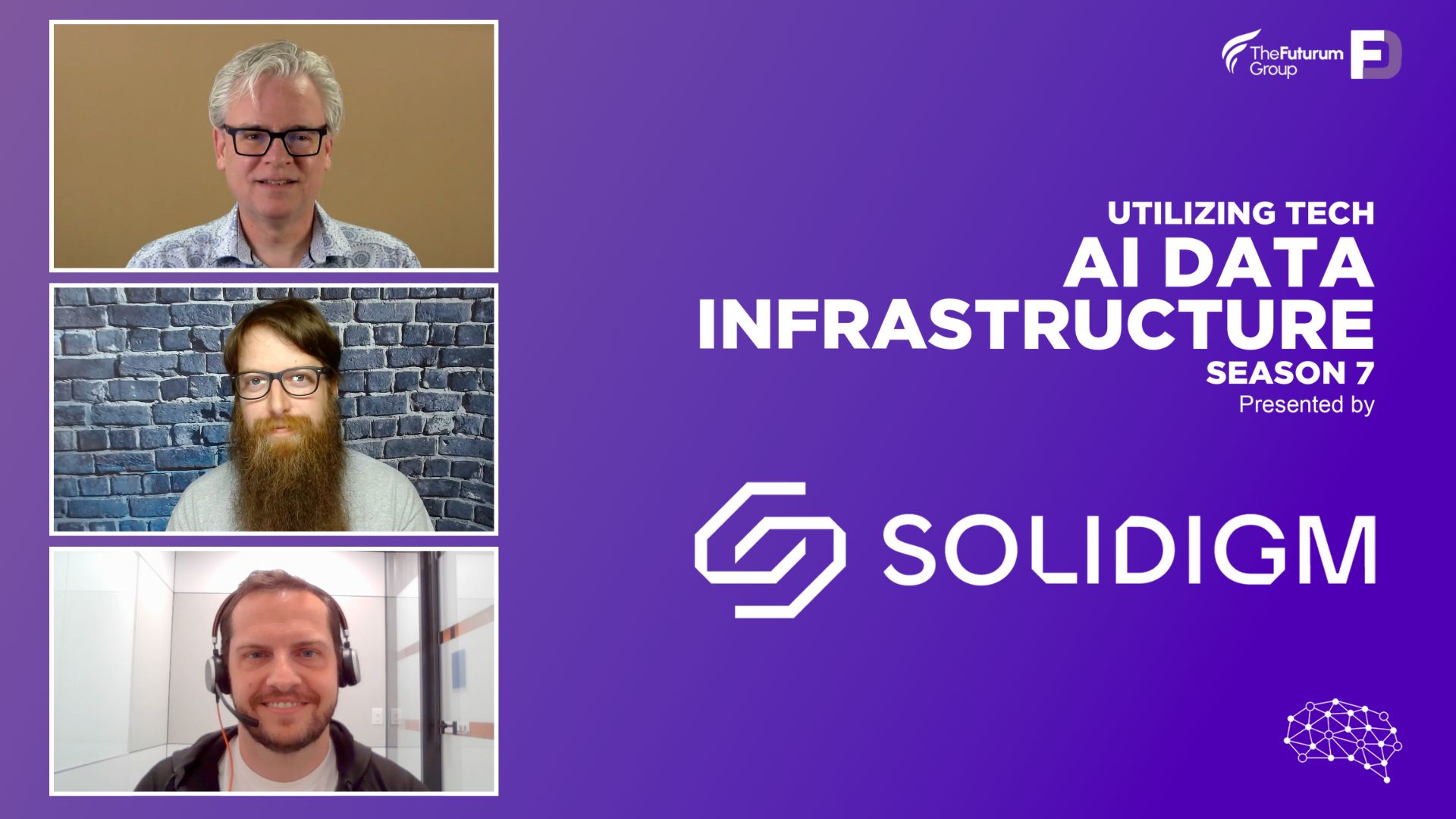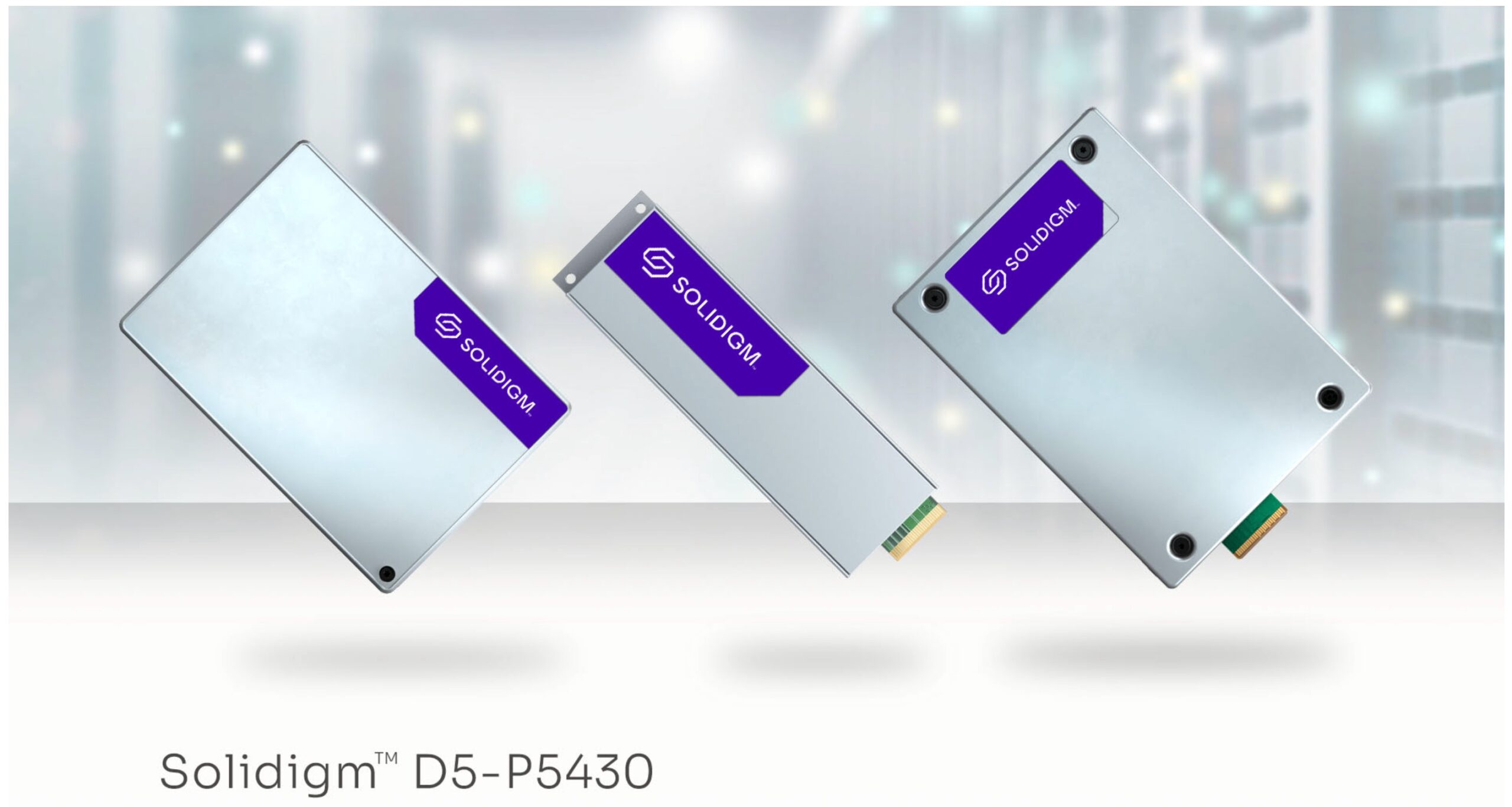As NAND flash memory technology has evolved, MLC, TLC, and QLC has been perceived to compromise both reliability and performance. In this episode of the On-Premise IT podcast, we confront the reality of Quad-Level Cell (QLC) SSDs, shedding light on their capabilities and suitability for today’s workloads. Roger Corell of Solidigm, who sponsored this episode, discuss QLC SSD with Karen Lopez, Alastair Cooke, and Stephen Foskett. The industry is increasingly embracing the benefits of QLC SSDs for mainstream workloads, and this discussion debunks common misconceptions, emphasizing the equivalent reliability, performance, and quality of QLC, TLC, and MLC SSDs. With the shifting landscape of read-intensive workloads and the growing data demands, QLC SSDs offer an efficient and cost-effective solution for mainstream applications.
Podcast: Play in new window | Download (Duration: 33:37 — 38.5MB)
Subscribe: Apple Podcasts | Spotify | Amazon Music | RSS | More
On-Premises for Today’s Spotlight Podcast:
Panelists
Karen Lopez
Alastair Cooke
Solidigm Panelist:
Roger Corell, Director Solution Marketing at Solidigm. Find out more about Solidigm’s SSDs and other products on their website.
Moderator
Stephen Foskett
Follow us on Twitter! AND SUBSCRIBE to our newsletter for more great coverage right in your inbox.
The Rise of QLC SSDs for Mainstream Workloads
As technology evolves, there are often trade-offs between reliability, performance, and capacity. This has been especially true in the world of NAND flash memory, where multi-level cell (MLC) technology has long been perceived to compromise both reliability and performance. However, in this episode of the On-Premise IT podcast, sponsored by Solidigm, industry experts confront the reality of Quad-Level Cell (QLC) SSDs, shedding light on their capabilities and suitability for today’s workloads. Roger Corell of Solidigm is joined by Karen Lopez, Alastair Cooke, and Stephen Foskett, in a discussion of the advantages of QLC SSDs.
In recent years, workloads have shifted towards being more read-intensive, aligning perfectly with the capabilities of QLC flash technology. Solidigm’s fourth-generation QLC SSD drives are a testament to this evolution, delivering impressive capacities of up to 32 TB, a wide range of high-density form factors, and cost-effectiveness tailored for mainstream workloads. These SSDs have even made their way into new form factors like EDSFF E3, offering improved cooling and density for applications beyond traditional data centers and the cloud.
One of the persistent misconceptions surrounding QLC SSDs is the belief that increased bit per cell density significantly impacts read performance. However, the latest generation of QLC products provide equivalent read performance to TLC SSDs, effectively debunking this perception. Users can expect reliable and fast read speeds, enabling efficient data access and retrieval.
Another concern often raised is the potential compromise of write performance in QLC SSDs. However, Solidigm’s latest QLC drives offer write performance that is within 20-67% of certain TLC SSDs, making them highly suitable for mainstream and read-intensive workloads. Furthermore, these drives boast impressive endurance with 3,000 program/erase (PE) cycles, ensuring their reliability and longevity even under demanding usage scenarios.
Contrary to the belief that QLC compromises reliability and performance, Solidigm emphasizes that QLC, TLC, and MLC SSDs all offer equivalent quality and reliability in terms of drive reliability and data integrity. By optimizing technology for specific use cases, any expected differences can be effectively alleviated, providing peace of mind for organizations adopting QLC SSDs.
The need to efficiently store and access vast amounts of data is on the rise. With read-intensive workloads becoming more prevalent and the ever-increasing size of AI models and HD movies, QLC SSDs prove to be an ideal solution for mainstream and read-intensive workloads. These drives can handle the demands of data-intensive applications, providing the required speed and capacity while maintaining cost-effectiveness.
The discussion also highlights the value and extended lifespan of solid-state storage. Retired systems often have significant life left in them, demonstrating that the limited write cycles of NAND flash isn’t usually a restriction. It is likely that QLC SSDs will similarly outlast the servers in which they are used.
As the perception-reality gap narrows, the industry is increasingly embracing the benefits of QLC SSDs for mainstream workloads. The panel’s insights debunk common misconceptions, emphasizing the equivalent reliability, performance, and quality of QLC SSDs. With the shifting landscape of read-intensive workloads and the growing data demands, QLC SSDs offer an efficient and cost-effective solution for organizations across various sectors, empowering them to unlock the full potential of their data-driven initiatives.




